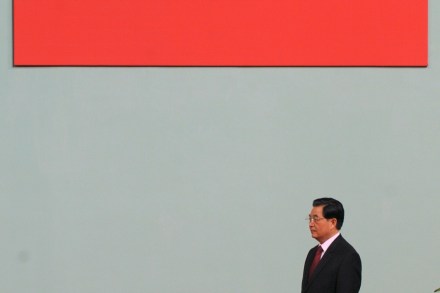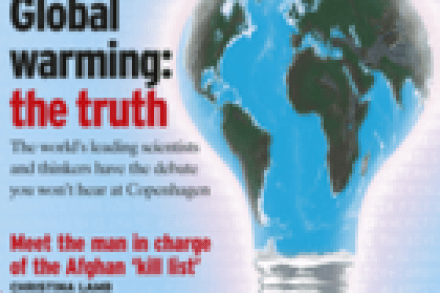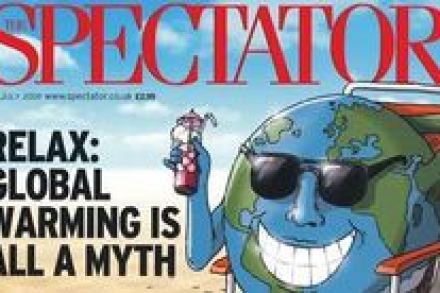Brutal and brutalising
In this book, Jonathan Safran Foer, the American novelist, tries to make us think about eating meat. He ate meat, then became a vegetarian, then ate meat again, then got a dog, then started to worry about eating animals, and didn’t stop worrying. This book is the result of what happens if you start to worry about eating animals, which is what most of us do, but then carry on worrying, which is what most of us don’t do. It’s horrifying. He starts off by thinking about why we don’t eat dogs. Well, we’d hate to do that, wouldn’t we? They’re dogs, for God’s sake. They are ‘companion animals’. We










